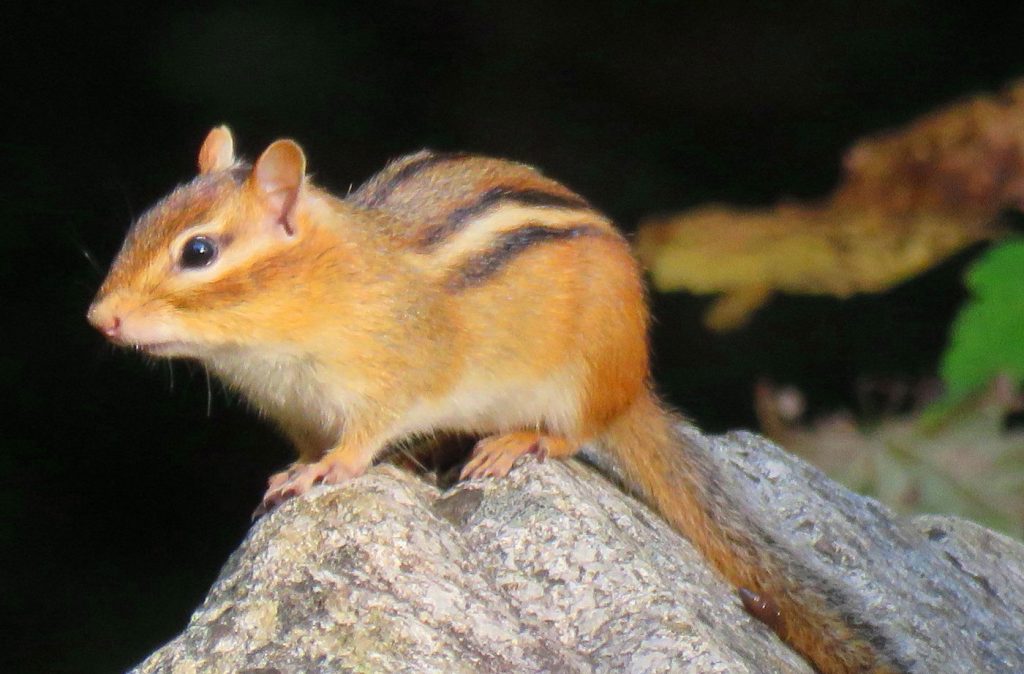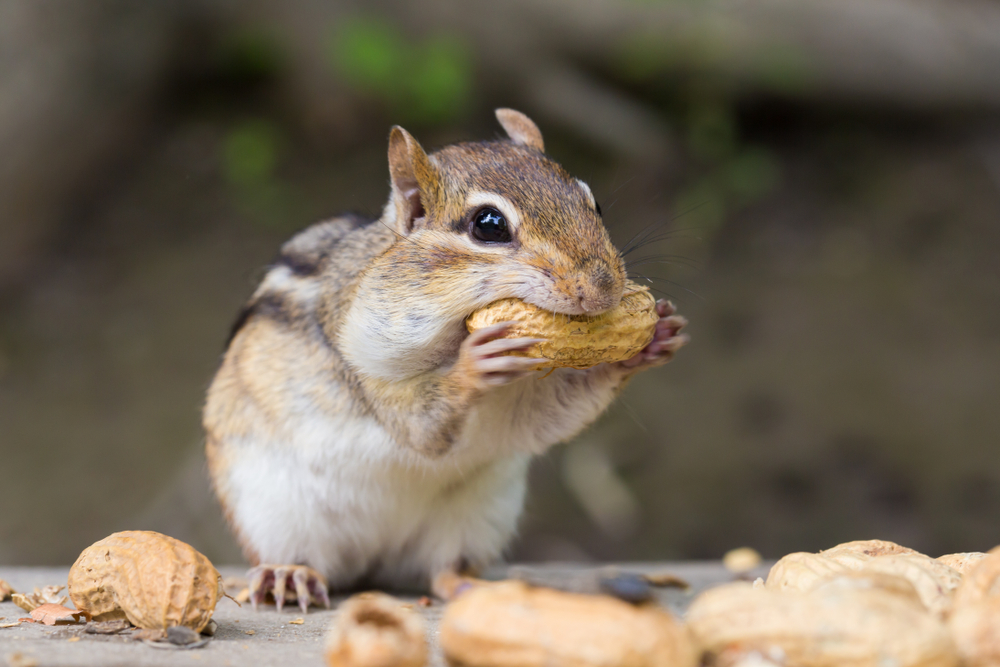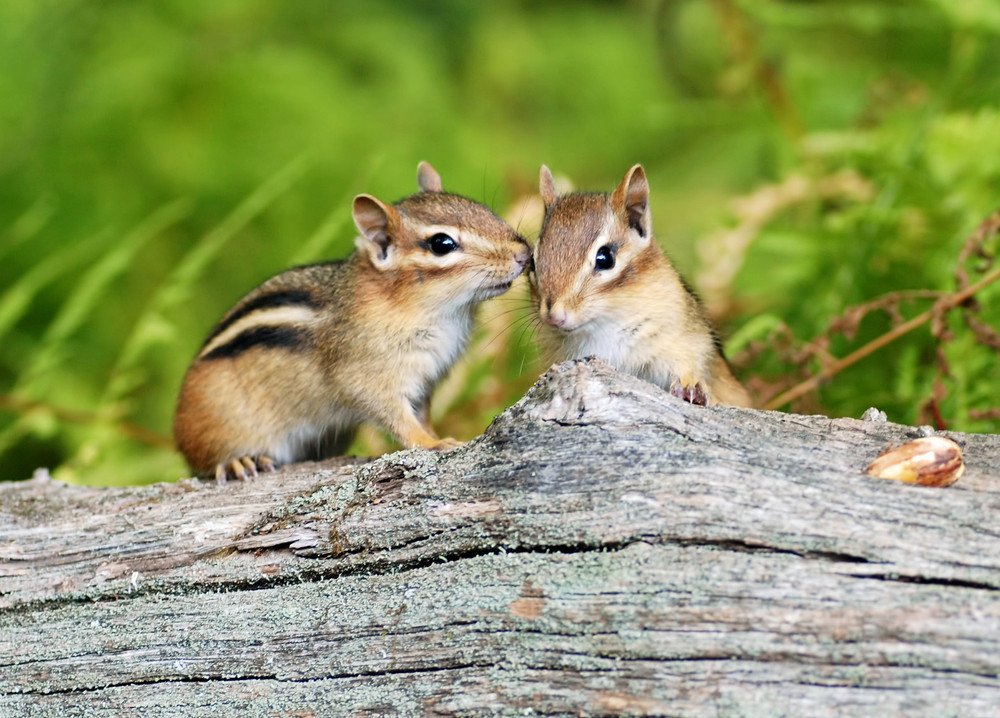Chipmunks are small, omnivorous rodents that are found throughout North America. They are known for their quick movements, distinctive markings, and love of nuts and seeds. In the wild, chipmunks exhibit a wide range of social behaviors that are important for survival, communication, and reproduction. In this article, we will explore the social behavior of chipmunks in detail.

Territorial behavior
Chipmunks are highly territorial animals and will defend their territory against other chipmunks. They mark their territory with scent, using glands located on their cheeks and feet. Chipmunks also use vocalizations to communicate their territorial boundaries, including a variety of chirps, whistles, and clicks.
Communication
Chipmunks use a variety of vocalizations to communicate with each other. They have a wide range of calls, including alarm calls, courtship calls, and territorial calls. Chipmunks also use body language to communicate, including tail flicking, posturing, and ear position.
Social hierarchy
Chipmunks live in social hierarchies, with dominant individuals having access to the best resources, including food and mates. Dominant individuals will defend their territory and resources against other chipmunks, and subordinate individuals will often avoid direct confrontation with dominant individuals.
Reproduction
Chipmunks are solitary animals, but during the breeding season, they come together to mate. Males will defend their territory and compete for access to females. Females will mate with multiple males, and the dominant male will often father the majority of the offspring. Females give birth to litters of 2 to 8 pups, which are born in underground burrows.

Burrow sharing
Although chipmunks are highly territorial animals, they will sometimes share their burrows with other chipmunks. This is particularly common during the winter months when chipmunks will hibernate together in shared burrows to conserve heat.
Kin recognition
Chipmunks are able to recognize their close relatives, including siblings and parents. They use scent to recognize their kin and will often form close bonds with their family members.
Play behavior
Chipmunks have been observed engaging in play behavior, including chasing each other, wrestling, and jumping. Play is thought to be important for social development and helps young chipmunks learn important skills that they will need later in life.

In conclusion, chipmunks exhibit a wide range of social behaviors that are important for survival, communication, and reproduction. They are highly territorial animals that communicate using scent, vocalizations, and body language. Chipmunks live in social hierarchies, with dominant individuals having access to the best resources. They mate during the breeding season and give birth to litters of pups in underground burrows. Chipmunks are able to recognize their close relatives and engage in play behavior that is important for social development. Understanding the social behavior of chipmunks can help us appreciate these fascinating animals and their important role in the ecosystem.